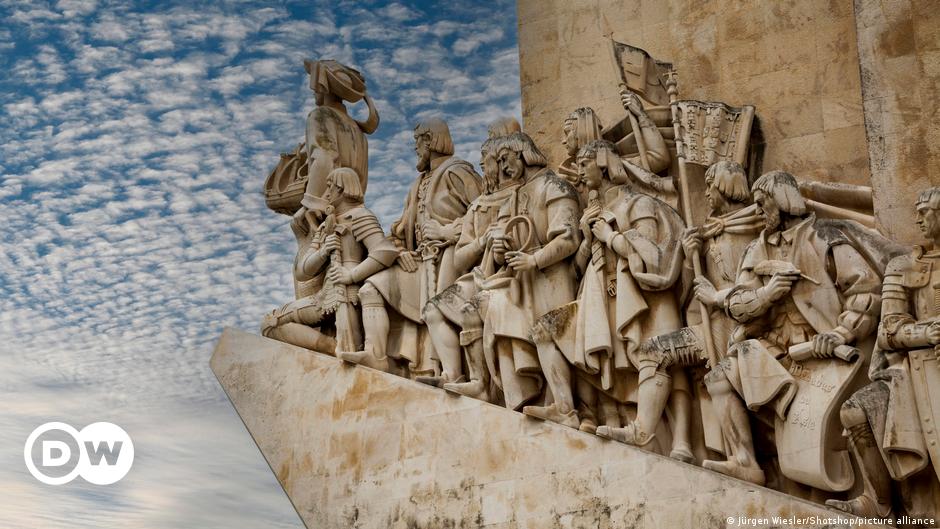Portuguese President Marcelo Rebelo de Sousa had called for Lisbon to find ways to compensate its former colonies, including canceling debt. The government says it has not initiated any process to that effect.
Lisbon is not planning to pay reparations for trans-Atlantic slavery and colonialism, Portugal’s government said on Saturday.
The statement comes in response to remarks by President Marcelo Rebelo de Sousa, who said Portugal could find ways to compensate its former colonies.
Portugal said in a statement that it seeks to “deepen mutual relations, respect for historical truth and increasingly intense and close cooperation, based on reconciliation of brotherly peoples.”
It stressed that it had not launched any “process or program of specific actions” for paying reparations.



https://www.aljazeera.com/features/2021/3/10/how-portugal-silenced-centuries-of-violence-and-trauma
It was also the first country in the entire world to abolish slavery (European Portugal, that is)
As the article says, they were benefiting from slave labor in their colonies until the second half of the 20th century.
Benefitting how? They were a drain on the Portuguese economy.
Portugal invested more in the colonies infrastructures than in the country itself. The carnation revolution had a few reasons and one of them being that despite the government stubborness, the Portuguese people did not want to keep the colonies.
If you’re going to separate out mainland Portugal and its overseas territories like that, then technically slavery was never legal in England.
Unlike England, Portugal did not keep any overseas territory.
Gibraltar anyone?